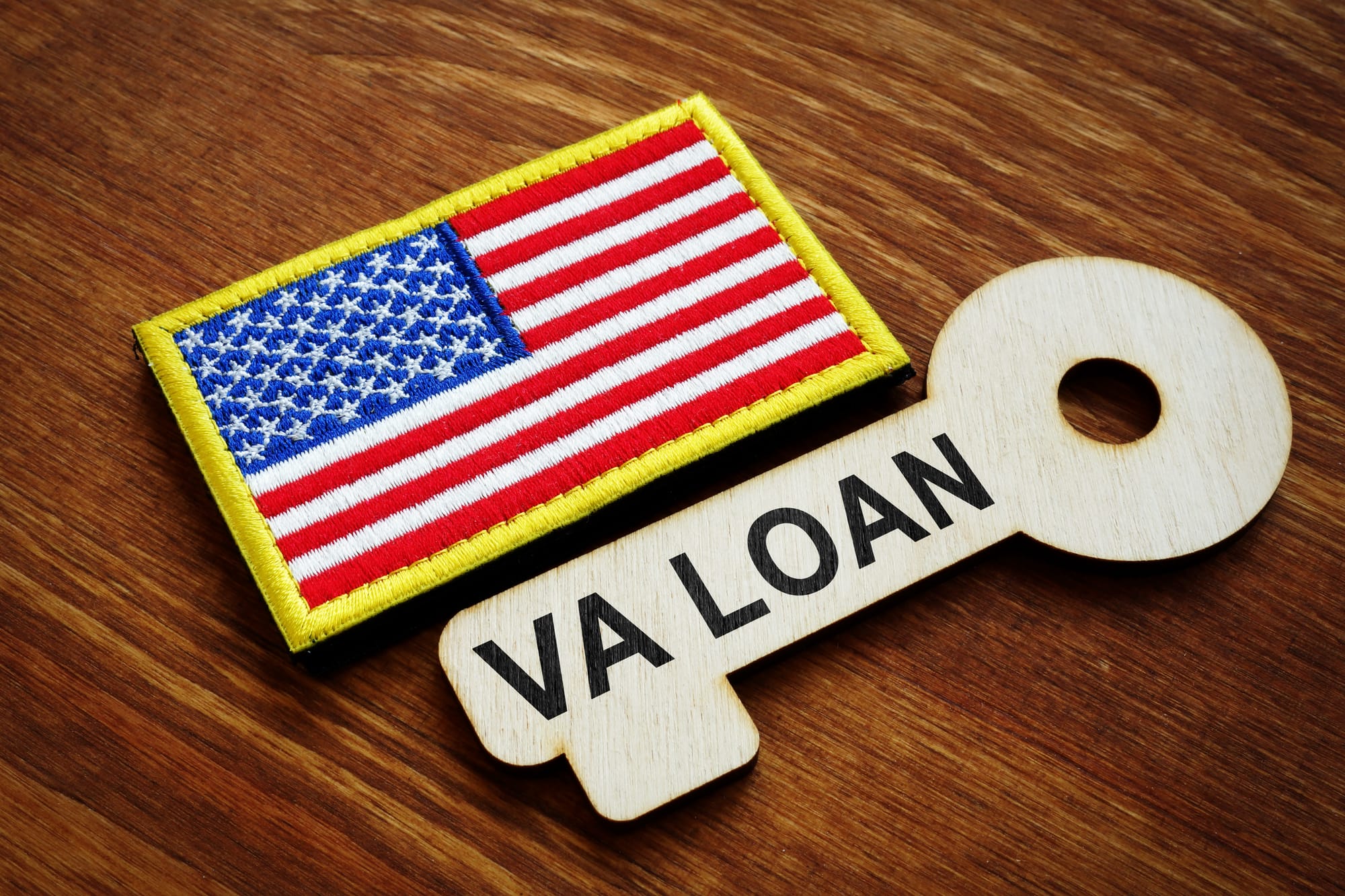VA Loan

A VA loan is a mortgage loan program established by the United States Department of Veterans Affairs (VA) to help veterans, active-duty service members, and eligible surviving spouses become homeowners. VA loans are provided by private lenders, such as banks and mortgage companies, but the VA guarantees a portion of the loan, allowing lenders to offer more favorable terms.
Benefits of VA Loans
- No Down Payment:
- One of the most significant benefits of VA loans is that they typically do not require a down payment, making homeownership more accessible to eligible veterans and service members.
- No Private Mortgage Insurance (PMI):
- Unlike many other mortgage types, VA loans do not require borrowers to pay private mortgage insurance (PMI), which can save hundreds of dollars each month.
- Competitive Interest Rates:
- VA loans often come with lower interest rates compared to conventional loans because they are backed by the government, reducing the risk for lenders.
- Easier Qualification Standards:
- VA loans typically have more lenient credit requirements and income standards compared to conventional loans, making it easier for borrowers to qualify.
- Limited Closing Costs:
- The VA places limits on the amount borrowers can be charged for closing costs, which helps to reduce the upfront cost of buying a home.
- Assumable Mortgage:
- VA loans are assumable, meaning the loan can be transferred to a new qualified buyer if you decide to sell your home, potentially making your property more attractive to buyers.
Requirements for VA Loans
- Eligibility:
- Borrowers must be veterans, active-duty service members, or eligible surviving spouses. Specific service requirements include a minimum number of days served during wartime or peacetime.
- Certificate of Eligibility (COE):
- Borrowers must obtain a Certificate of Eligibility (COE) from the VA, which verifies to lenders that they meet the requirements for a VA loan.
- Satisfactory Credit:
- While the VA does not set a minimum credit score, most lenders require a credit score of at least 620.
- Stable Income:
- Borrowers must demonstrate sufficient and stable income to cover mortgage payments and other expenses. The VA requires lenders to calculate a residual income figure to ensure borrowers can manage their living expenses.
- Primary Residence:
- The property must be used as the borrower’s primary residence. VA loans cannot be used for investment properties or vacation homes.